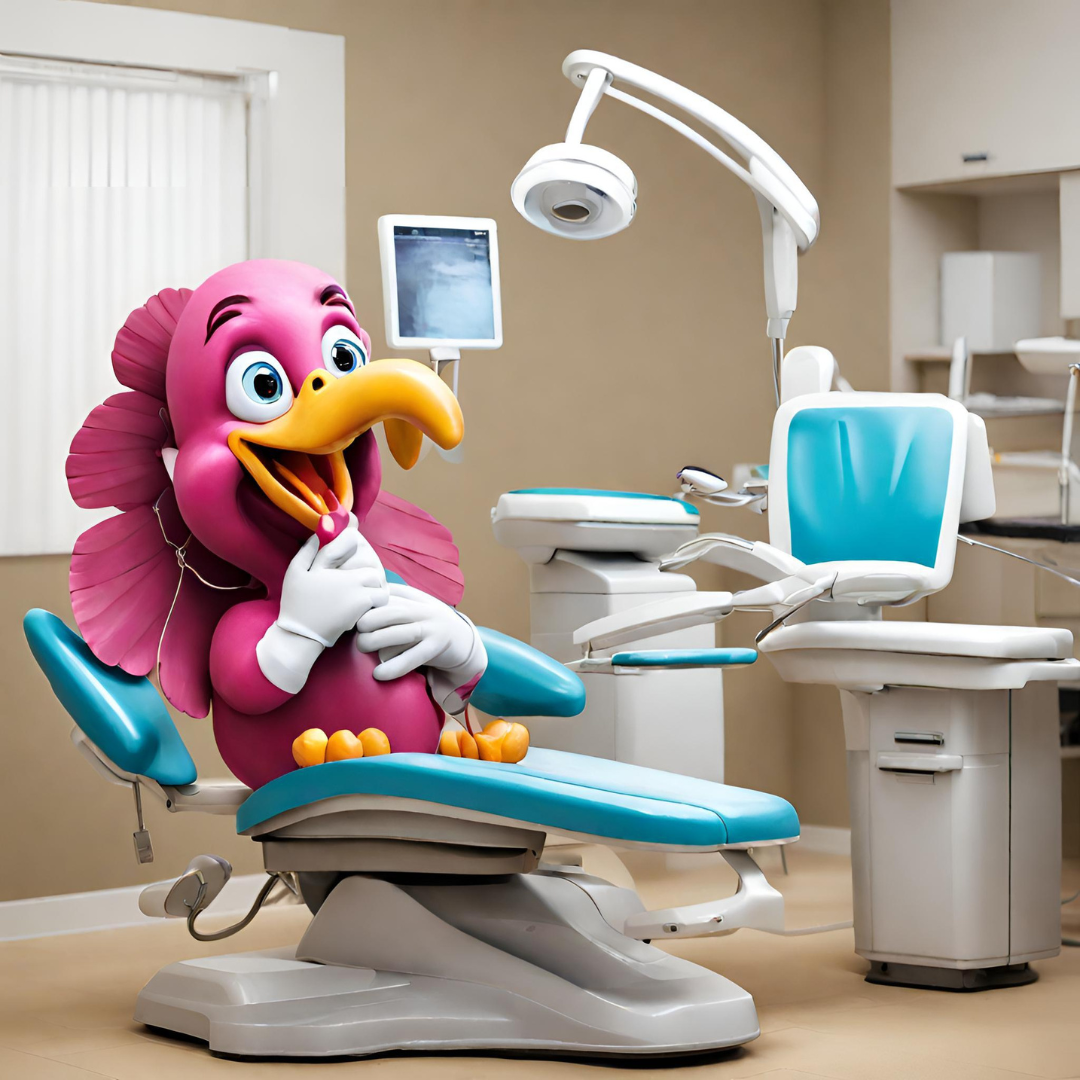Education Hub
DENTAL PATIENT EDUCATION
On our Dental Education Hub, we are dedicated to providing valuable and up-to-date information to empower and educate patients about their oral health. Our mission is to help you achieve a bright and healthy smile while fostering a better understanding of dental care.
Purpose
We believe that knowledge is key to maintaining optimal oral hygiene. Every month, we curate and share practical dental insight and tips that you can easily incorporate into your daily routine. We hope this helps guide you towards making informed decisions for your dental well-being.



NOVEMBER
DIET AND DENTAL HEALTH
Your body is a complex machine. The foods you choose and how often you eat them can affect your general health and the health of your teeth and gums, too. If you consume too many sugar-filled sodas, sweetened fruit drinks or non-nutritious snacks, you could be at risk for tooth decay. Tooth decay is the single most common chronic childhood disease, but the good news is that it is entirely preventable.
Tooth Decay
Tooth decay happens when plaque come into contact with sugar in the mouth, causing acid to attack the teeth. Foods that contain sugars of any kind can contribute to tooth decay. To control the amount of sugar you eat, read the nutrition facts and ingredient labels on foods and beverages and choose options that are lowest in sugar. Common sources of sugar in the diet include soft drinks, candy, cookies and pastries. Your physician or a registered dietitian can also provide suggestions for eating a nutritious diet. If your diet lacks certain nutrients, it may be more difficult for tissues in your mouth to resist infection. This may contribute to gum disease. Severe gum disease is a major cause of tooth loss in adults. Many researchers believe that the disease progresses faster and is potentially more severe in people with poor nutrition.
Wise Choices
For healthy living and for healthy teeth and gums, think before you eat and drink. It’s not only what you eat but when you eat that can affect your dental health. Eat a balanced diet and limit between-meal snacks. If you are on a special diet, keep your physician's advice in mind when choosing foods.Limit the number of snacks you eat. If you do snack, choose something that is healthy like fruit or vegetables or a piece of cheese. Foods that are eaten as part of a meal cause less harm to teeth than eating lots of snacks throughout the day, because more saliva is released during a meal. Saliva helps wash foods from the mouth and lessens the effects of acids, which can harm teeth and cause cavities.
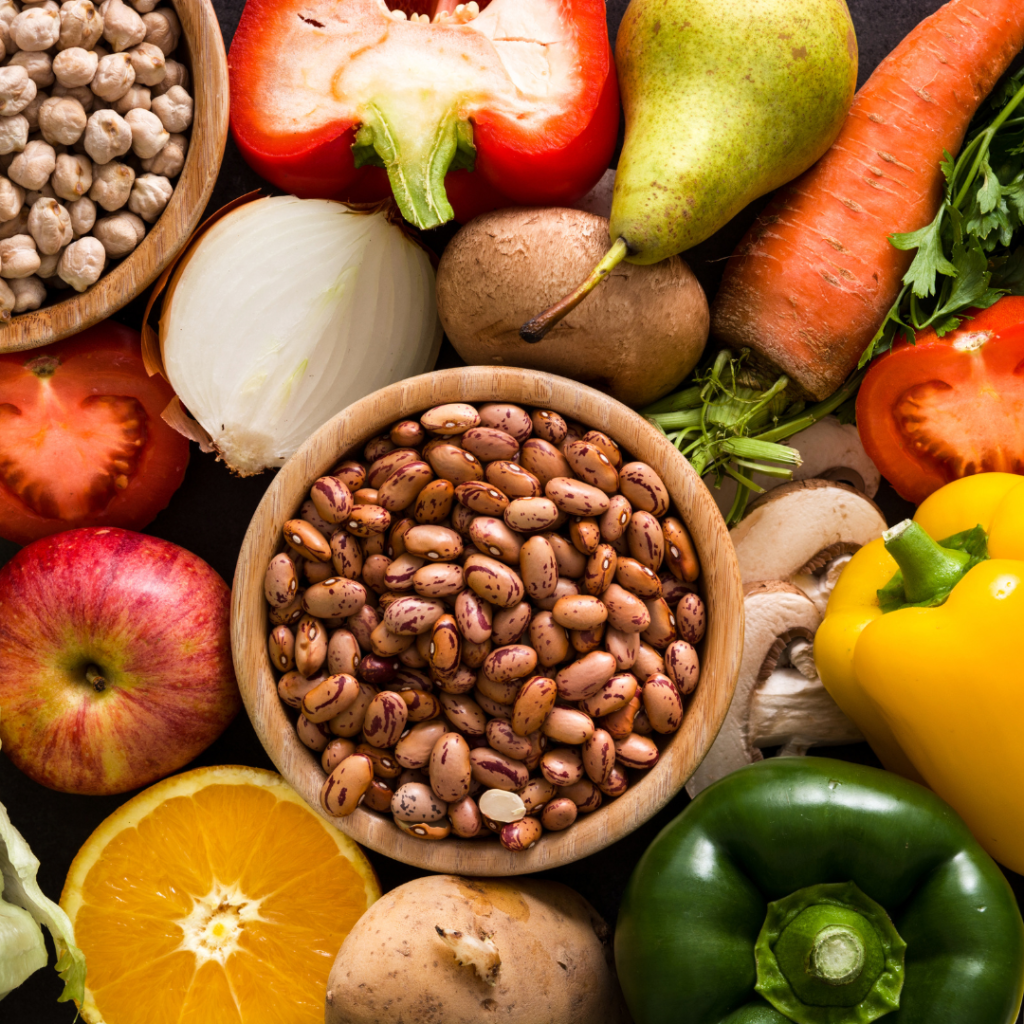
For good dental health, keep these tips in mind when choosing your meals and snacks:
Eat a variety of foods from each of the five major food groups, including.
- Drink plenty of water
- Whole grains
- Fruits
- Vegetables
- lean sources of protein such as lean beef, skinless poultry and fish; dry beans, peas and other legumes
- low-fat and fat-free dairy foods
Ice is for chilling, not chewing
You’d be surprised at how many people think ice is good for their teeth. It’s made of water, after all, and doesn’t contain any sugar or other additives. But chewing on hard substances can leave your teeth vulnerable to a dental emergency and damage enamel. Advice: Break the habit and enjoy water in its liquid form.
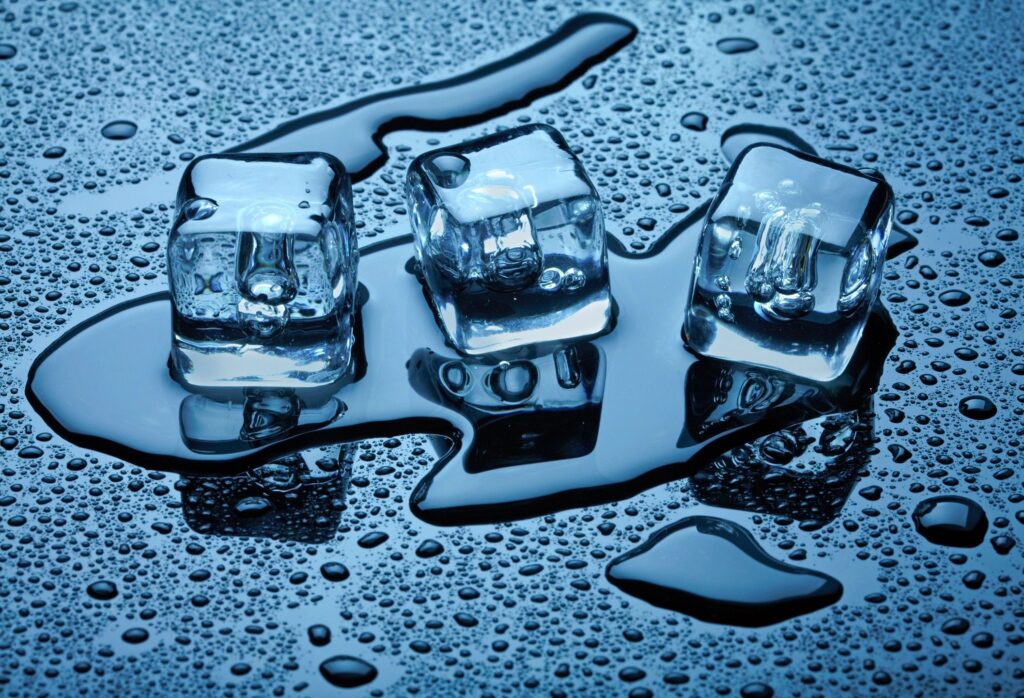
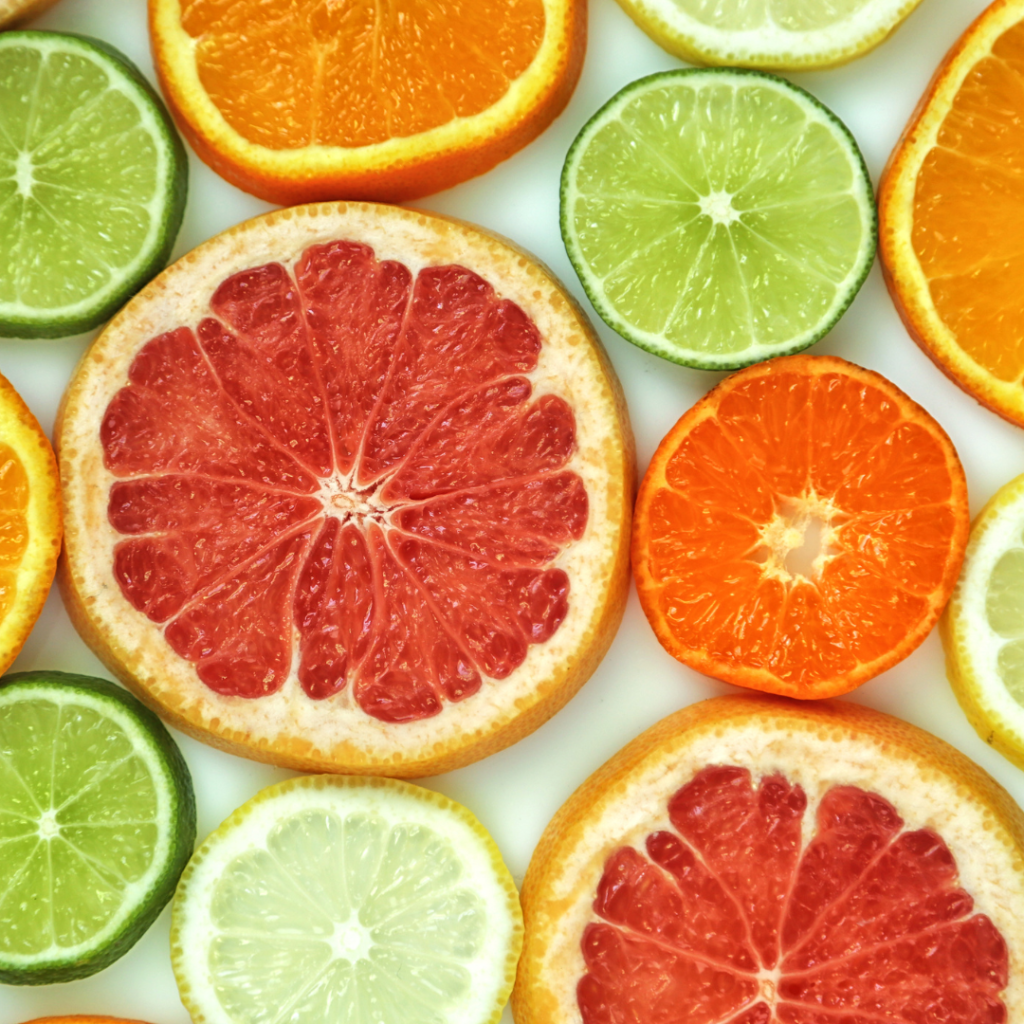
Control citrus consumption
The truth is that frequent exposures to acidic foods can erode enamel, making teeth more susceptible to decay over time. So even though a a squeeze of lemon or lime can turn a simple glass of water into a fun beverage, it’s not always the best choice for your mouth. Citric fruits and juices can also irritate mouth sores. Make sure to drink plenty of plain water.
Hot and harmful
In their natural form, coffee and tea can be healthy beverage choices. Unfortunately too many people can’t resist adding sugar. Caffeinated coffee and tea can also dry out your mouth. Frequent drinks of coffee and tea may also stain your teeth. If you do consume, make sure to drink plenty of water and try to keep the add-ons to a minimum.

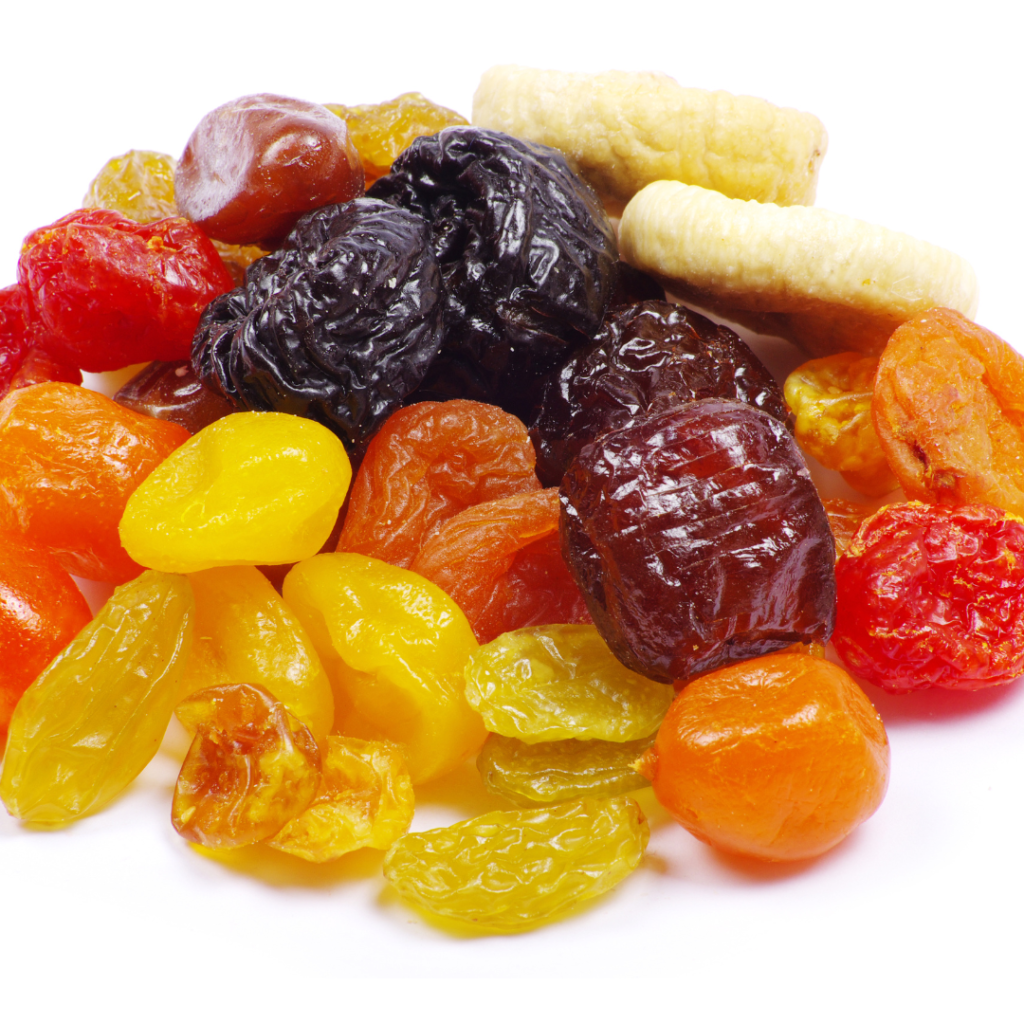
Sticky foods keep dental problems sticking around.
When it comes to picking healthy snacks, many people put dried fruit at the top of the list. But many dried fruits are sticky. Sticky foods can damage your teeth since they tend to stay on the teeth longer than other types of food. If you find yourself eating dried fruits or trail mix often, make sure to rinse with water after and to brush and floss carefully.
Caution for crunching.
Who doesn’t love the nice, satisfying crunch of a potato chip? Unfortunately potato chips are filled with starch, which tends to get trapped in your teeth. If you choose to indulge in snacks like these, take extra care when you floss that day to remove all the food particles that can lead to plaque build-up.
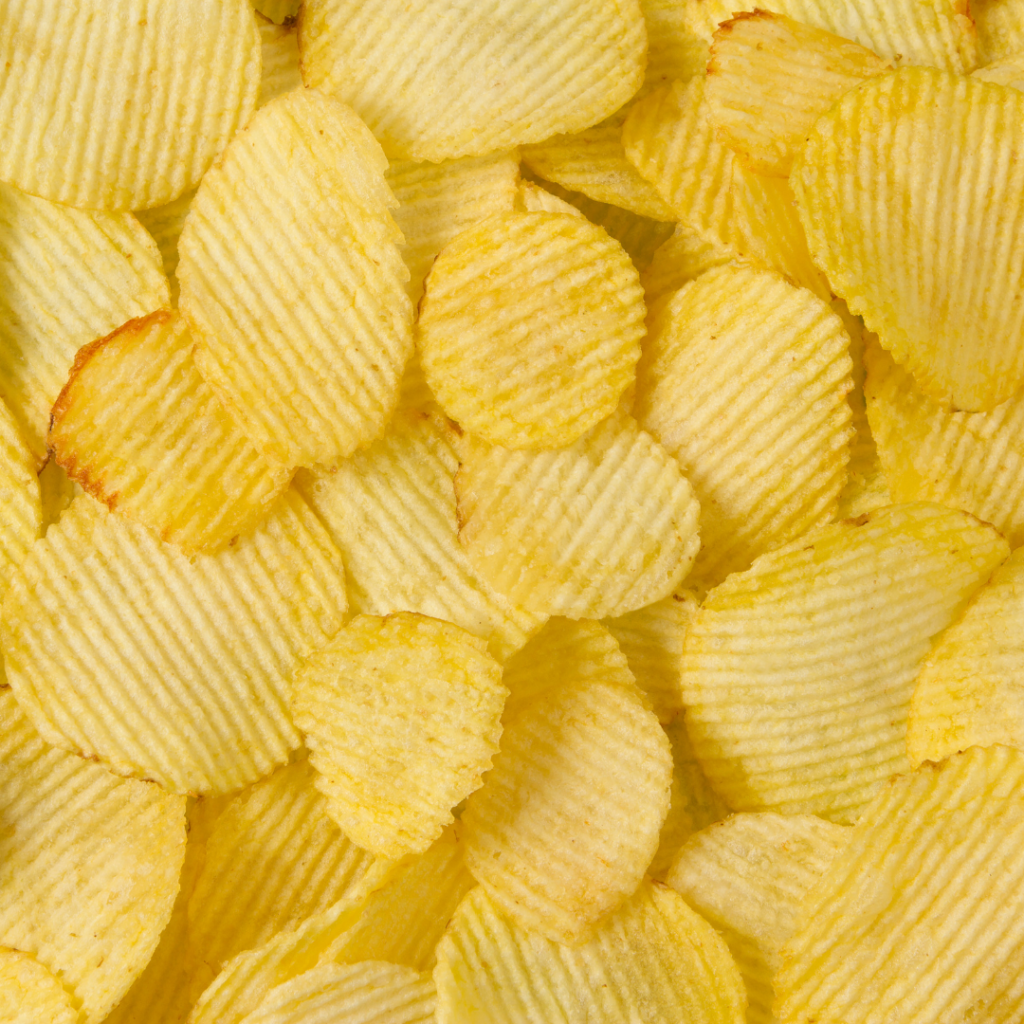
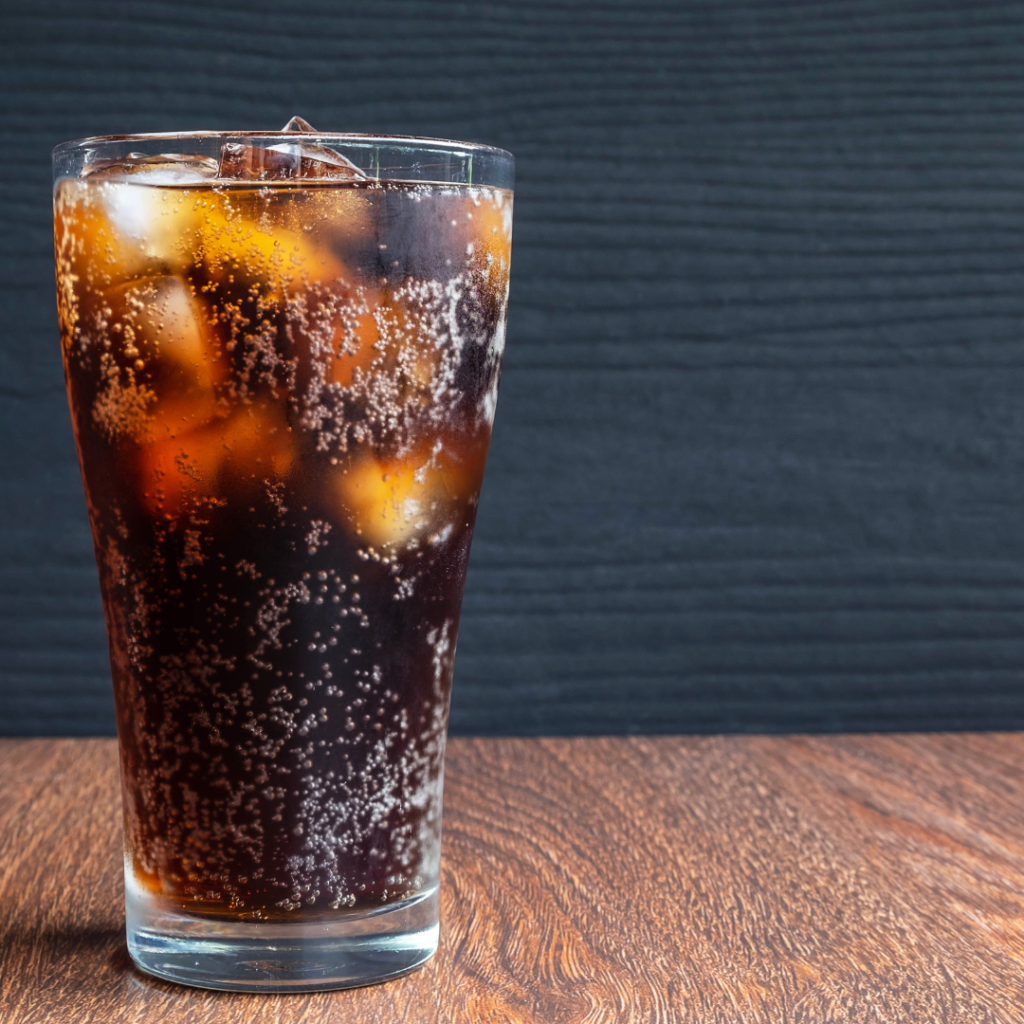
Swap out soda with water.
When you eat sugary foods or sip sugary drinks for long periods of time, plaque bacteria use that sugar to produce acids that attack your enamel, the hard surface of your tooth. Most carbonated soft drinks, including diet soda, are acidic and therefore, bad for your teeth. Caffeinated beverages, such as colas can also dry out your mouth. If you do consume soft drinks, try to drink alongside a cup of water.
Limit alcohol consumption
Alcohol causes dehydration and dry mouth. People who drink excessively may find their saliva flow is reduced over time, which can lead to tooth decay and other oral infections such as gum disease. Heavy alcohol use also increases your risk for mouth cancer.
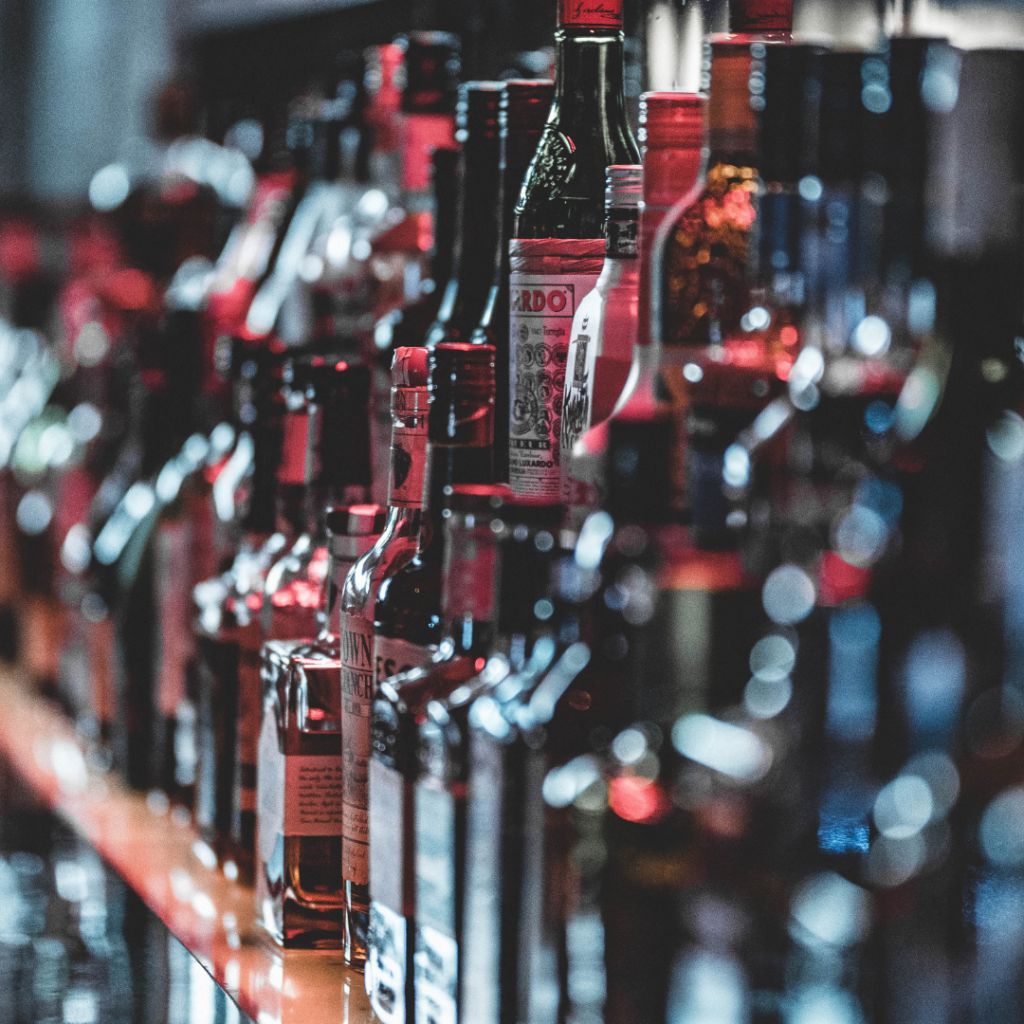
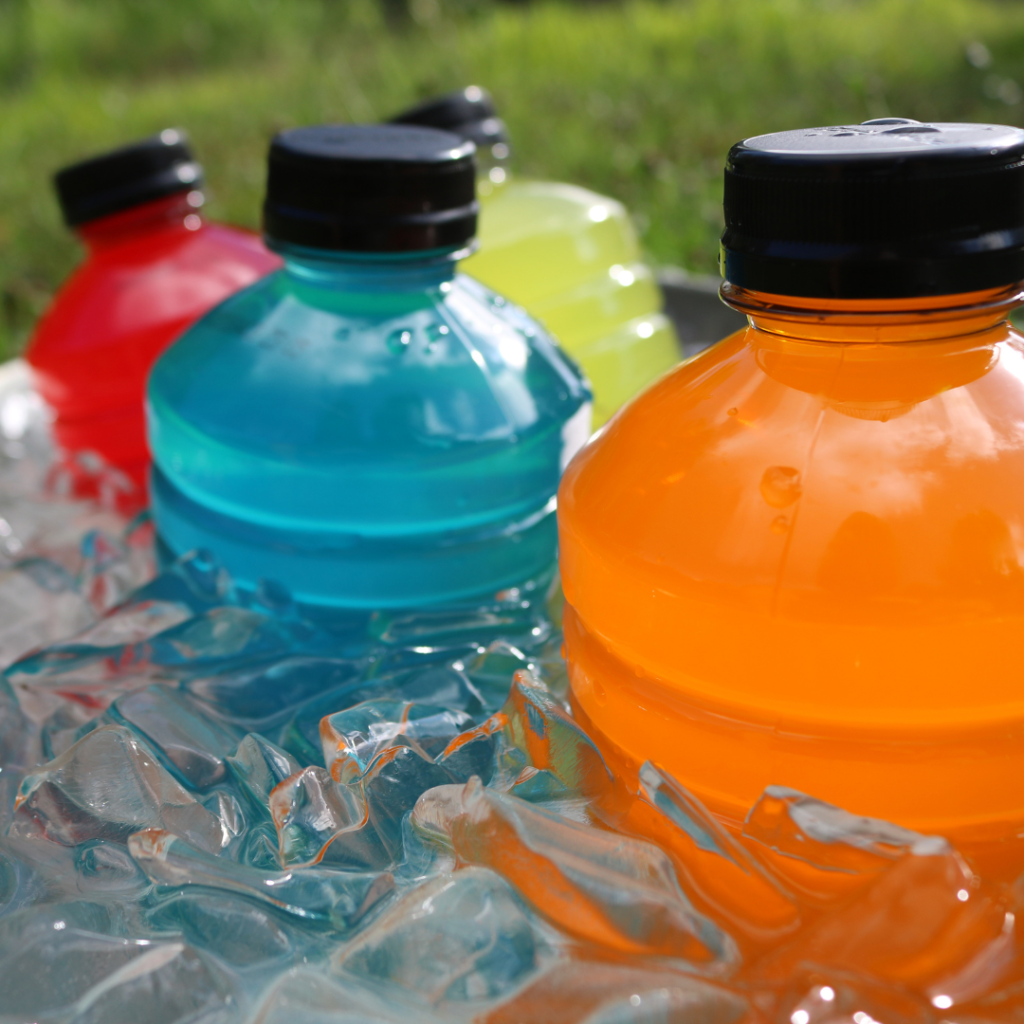
Sports drinks will lead your teeth to being benched.
They sound healthy, but sugar is a top ingredient for many sports and energy drinks. The American Academy of Pediatrics says sports drinks can be helpful for young athletes engaged in prolonged, vigorous physical activities, but unnecessary in most cases. Before your next sip, check the label to make sure your drink of choice is low in sugar or drink water.
WE ARE AVAILABLE AT SPECTRUM TO ASSESS AND TREAT YOUR DENTAL NEEDS.
For good dental health, always remember to brush twice a day with fluoride toothpaste that has the American Dental Association Seal of Acceptance, floss daily and visit your dentist regularly. With regular dental care, your dentist can help prevent oral problems from occurring in the first place and catch those that do occur in the early stages, while they are easy to treat.
